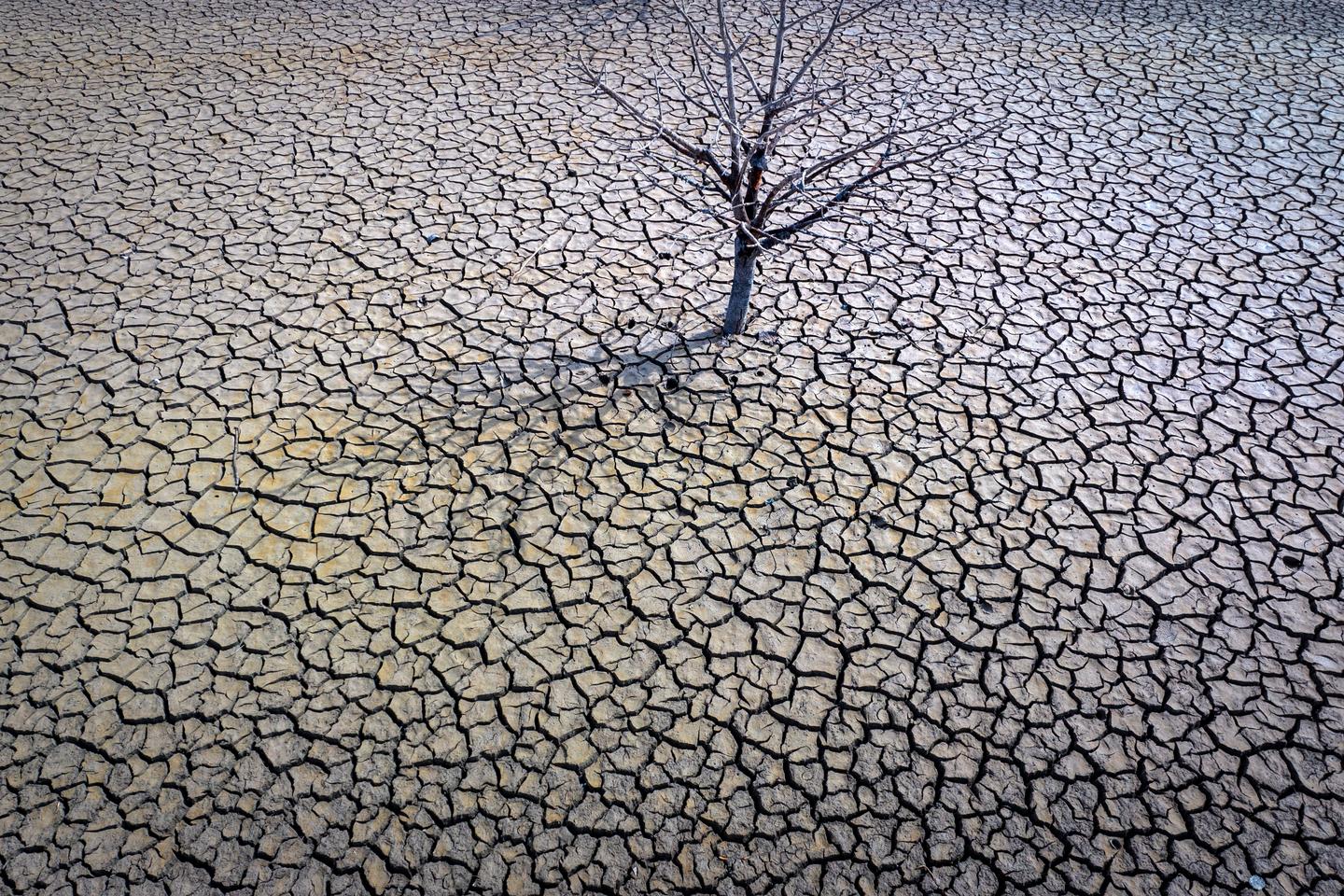


Was it a historic moment in climate diplomacy or a pointless ritual gathering? The 28th Conference of the Parties on Climate Change (COP28) in Dubai, United Arab Emirates, which ended on December 13, 2023, with an unprecedented declaration mentioning "transitioning away from fossil fuels," will play out its future in the coming years.
A fragile diplomatic synthesis, the Dubai agreement could be another missed opportunity if states, caught up in short-term contingencies or led by climate-skeptic rulers, decide to brush it aside. "The COP represented a great step forward, but the final declaration does not determine what the stakeholders will do with it. The rules of a sport do not indicate whether a player will perform well on the field," said François Gemenne, a political scientist who specializes in climate migration.
2024 is going to be a crucial year. First of all, governments will have to start thinking about their nationally determined contributions, the commitments they will have to present to the UN in 2025. And the coming months will be punctuated by important deadlines that could influence these climate policies.
Populist upsurge
More than half the world's voting-age population is set to go to the polls, with elections being organized in 68 countries. Among them are major greenhouse gas emitters such as India, a country with a population of 1.4 billion, which will elect its members to the lower house. Will the favored Bharatiya Janata Party (BJP), the party of Hindu nationalist Prime Minister Narendra Modi, start to work on transitioning its energy system to reduce its dependence on coal?
The European elections, which will be held from June 6 to 9, are important for the debates within the European Union (EU), one of the most ambitious COP players. Even if the target of a 55% reduction in greenhouse gas emissions by 2030 cannot be reconsidered so easily, the populist upsurge in France, in Italy and above all in Eastern European countries, which are still very resistant to climate measures, would complicate the EU's position within climate diplomacy.
Other countries affected by global warming, such as Indonesia and South Africa, will also be electing new members of parliament. "The words of the COP are just words, and they will have no effect if the leaders of the countries with the highest emissions don't change their policies," said Sonia Seneviratne, a climatologist at the Federal Institute of Technology in Zurich, Switzerland. "In fact, they need to go even further, as the Dubai declaration is a long way from allowing the planet to stay below 1.5°C of warming when every tenth of a degree counts."
You have 35% of this article left to read. The rest is for subscribers only.
